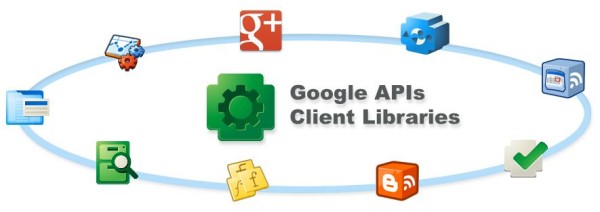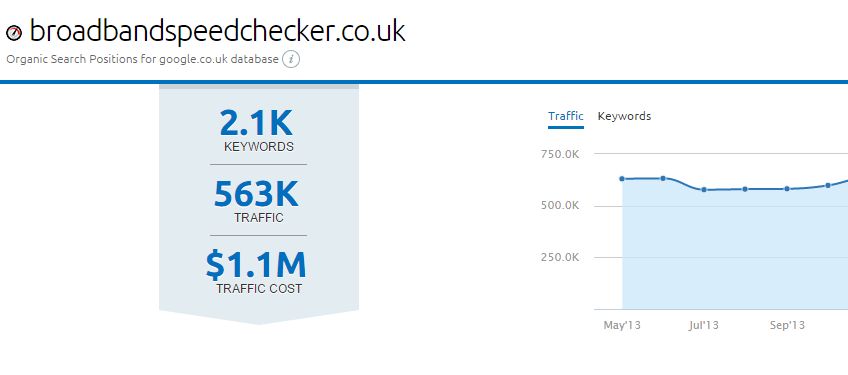We continuously say that content isn’t just the written word. And we love tools because they can go way beyond the applications that they were built for. So when you can, build a tool – especially none exist in your market. Some can be built very cheap, and others may take a lot of skills and dev time, but in the end, a well-built tool can take a life of its own. But if you can’t build or launch a tool, then there are other ways your content strategy can still make use of them.
Lists of Tools
Although this may be covered under the “lists” type posts, we think in many niches this list does way better than others. Take for example online marketing – a post on the top latest online marketing tools or apps usually does well, which is why it deserves its own entry here.
Review of Tools
A well done tool review is really worth the time and effort. What is more, there is always existing traffic on tool reviews – which means you are potentially targeting new visitors. What’s more, the other reason we love well done reviews is that everyone has different opinions, what you like a bout a tool may be a reason why someone hates it.
This means unless you think everything that needs to be written about a tool (at least from a review point of view) has been written, you can always get fresh content out of a review type post or article.
Guides on Using Tools

Guides are our other favourite type of content, especially in tool heavy industries, such as SEO / SEM. Despite the time and work that went into our SEMrush Guide, we do not for one second regret it. A well done guide not only shows off your expertise, but often gets you new brand advocates who may have previously not known about you as these get shared around a fair bit.
Critique (with recommendations) of popular tools
As much as we like guides and reviews, we enjoy critiques too. Often heavy users of certain tools have ideas on how to make them better for the user or in performance – putting these in a post would not only get your readers on board, but may often get the tool builder / supplier in conversation with you.
Interview with tool providers
We think interviews are an underrated tactic for content development – however we often find it to be an interesting one. Plus, the tool builder / provider is always up for promoting their application, so getting the content isn’t usually difficult – the skill lies in presenting it as a “non-sell” and of genuine community interest.
Comparative Reviews of Tools
Comparative reviews are of real use to readers – and frankly could be long detailed experiments to simply a list of services, price points for readers to compare.
A well done comparative review usually gets attention from fans and advocates of both reading commenting and sharing – so why not try and add this to the content tool set?
Adaptation of tools (Hacks and Mashups)

These days most apps / tools offer APIs, feeds etc. With some simple hacks (or not so simple) you could easily build layers of usability on top of the data or application that encourages users to use your version. What’s more, it’s a shortcut to building your own tool.
Recreate and improve Tools
We often see loads of small niche tools such as BMI calculators to mileage counters. Unfortunately not all are built great, yet many have loads of users.
Taking the original concept and improving the user interface or functionality etc. could go a long way into being a starting point into a better tool.
Create Tools
Finally – probably the most difficult one – identify the need for a tool, build it and launch it. From small simple webapps to larger fully functional applications – you could really make a difference in getting your brand out there.
Very often we have seen companies spin off into parts when they originally launched a tool for use by a core audience, realised that the tool is really well liked and start offering premium features. When you can, if you can, this would be the route we would recommend.
Creating such tools can also be a massive customer acquisition channel – take for example a simple broadband speed test tool – a dedicated site dominates the serps with a simple speed test tool, and assuming the cost of traffic is even a fraction of what SEMrush reports, its quite impressive:
